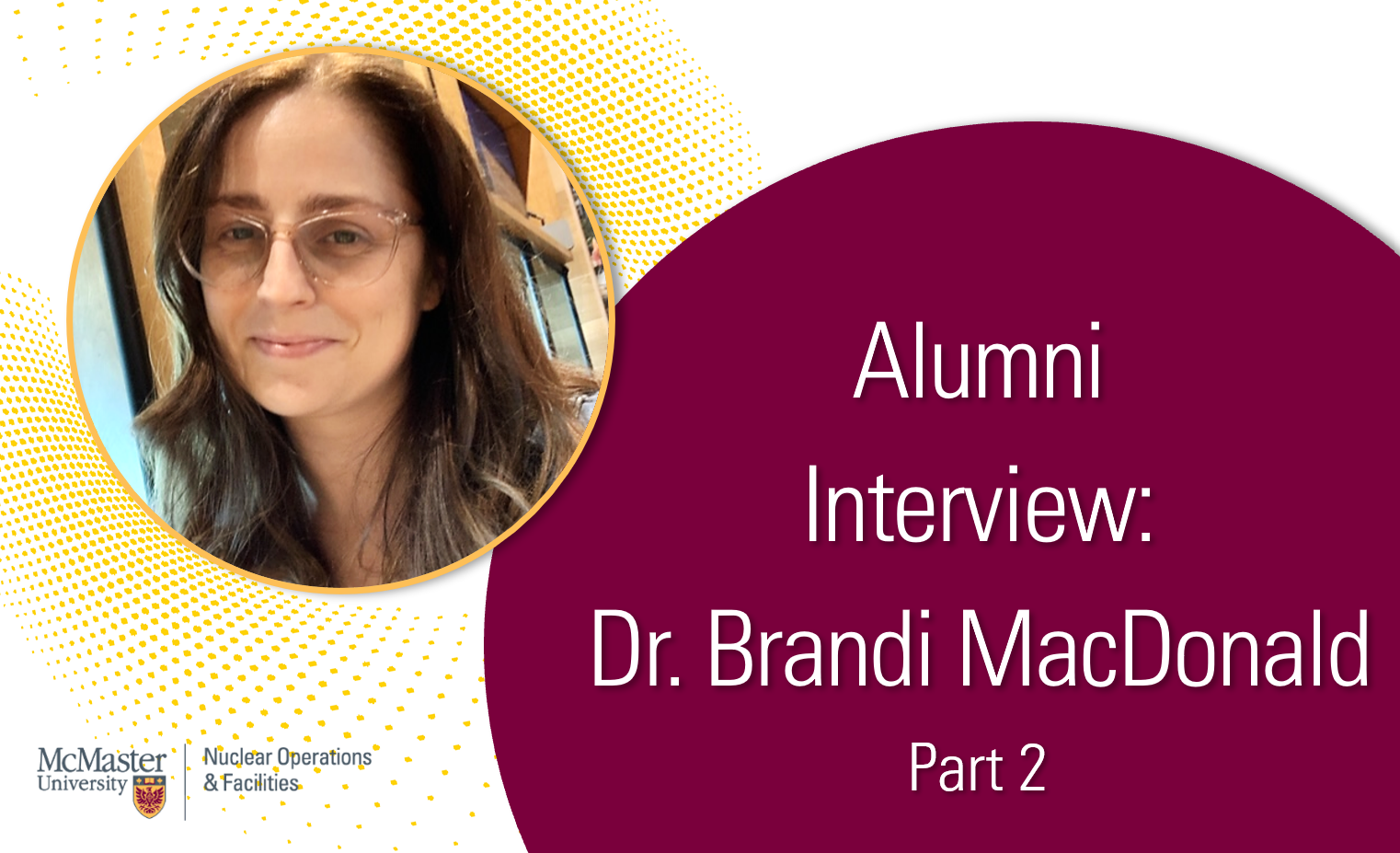Alumni Interview: Dr. Brandi MacDonald (Part 2)

What inspired you to enter your field?
I was always obsessed with rocks and minerals. In high school, I didn’t get a lot of chances to learn about these things. I was also interested in human history, so when I got to university, I started to bridge my love for geosciences and human history. I wanted to not only learn about the formation and structures of rocks and minerals from a geological perspective, but to also link that with how humans have interacted with the material world and impacted natural resources. I think there is so much to learn about human impacts on the environment, such as mining and quarrying and materials technologies, and we have more to learn today from how these things developed in the past than people realize.
What is one important skill you have developed throughout your career?
I think one of the most important things has been learning how to effectively do interdisciplinary research. On any given day, I have to show archaeologists how scientific methods such as NAA and X-ray fluorescence work and how to interpret the resulting data, while on the other hand I need to communicate to physicists and chemists the unique challenges of analyzing certain types of artifacts using non-destructive techniques. These interactions require many different types of expertise, and I’ve spent years developing my abilities to bring these fields together.
What accomplishments are you most proud of so far in your career?
Academically, I’m proud of my lab and the research support we provide to the broader archaeology community. But, what also motivates me is being able to collaborate with and bring research back into the communities that we work in, many of which are Indigenous descendant groups. I love connecting with folks in these communities and the mutual learning that happens when we work together. Anything we can do to share knowledge and improve public perceptions of archaeology and science is a really important part of our activities.
Have you encountered any common misconceptions about nuclear science? If so, why is it important to debunk them?
I think a lot of people associate nuclear, and rightfully so, with power generating reactors. Something that seems to be done fairly well and that we need to continue to do as scientists is communicating to people that nuclear does more than produce power. Talking about all of the ways that nuclear gets used in contemporary medicine is really important.
What also strikes me is when people don’t realize there is a big difference between power generating and research reactors – the size and scale of them. And in archaeology, the number one thing people say when I tell them I work in a reactor is: “That means you do radiocarbon dating.” Nope! That is something very different.
What advice would you give to someone who wants to enter your field?
Ask lots of questions. Try to connect with people whose research you were interested in or inspired by. Archaeological science is a fairly small field and most people are kind and generous with their time. In interdisciplinary studies, you will find mentorship in unexpected places. It’s important to keep a curious attitude.
Lastly, can you tell us about a hobby you enjoy?
My career is all-encompassing at times, so whenever there is downtime my partner and I usually go camping, canoeing, or find a nice quiet beach to swim and read. Spending time outside is my favorite way to use my free time.
Blog